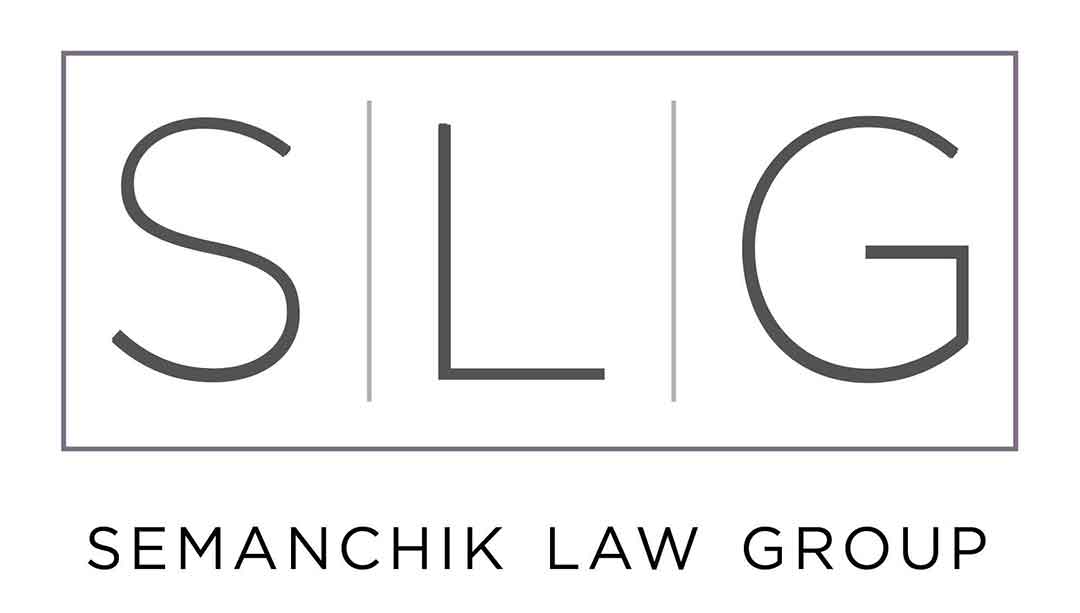Nonprofits need to report to four different government agencies in order to remain compliant. These requirements are pretty strict and failure to comply will cause the nonprofit to lose its tax exemption on either a state or federal level or become suspended by the California Secretary of State.
Agencies that Govern Nonprofits:
California Attorney General– Registry of Charitable Trusts. The Attorney General is responsible for enforcing laws related to nonprofits and ensuring that nonprofits do not misappropriate charitable funds.
California Secretary of State. The Secretary of State is the government agency that oversees businesses in California. Business entities are formed by filing a form called “Articles” with the Secretary of State.
California Franchise Tax Board. The Franchise Tax Board regulates and collects taxes in California. Nonprofits in California must seek exemption from state tax through the Franchise Tax Board.
The Internal Revenue Service. The IRS assesses and collects federal taxes. Nonprofits must seek exemption from federal taxes through the IRS. This is usually known as 501(c)(3) tax exempt status. The IRS also grants other types of tax exempt status such as 501(c)(4), 501(c)(6), 501(c)(7) and 501(c)(8).
We find that nonprofits have a great deal of trouble keeping up with these annual filing requirements for a number of reasons. First, nonprofits are usually run by volunteer boards who may not have the time or knowledge to keep up with all of the legal requirements. Second, nonprofits often see a lot of turnover in the organization. Board members may resign or new board members may be elected. This may leave your organization without the key individuals typically responsible for keeping up with the annual filing requirements.
Annual/Biannual Filing Requirements:
1) The California Secretary of State. The Secretary of State requires that a nonprofit file a Statement of Information every other year. The Statement of Information updates the Secretary of State on the nonprofit’s address, officers and directors. Nonprofits are also required by the California corporation’s code to have an annual meeting with meeting minutes. While these do not need to be filed, they are a requirement which must be met.
2) The California Attorney General. Each year, nonprofits must file an RRF-1 with the California Attorney General Registry of Charitable Trusts. This filing asks a number of questions about the nonprofit including whether the nonprofit had any instances of theft or embezzlement. The reason for this is that the Attorney General is responsible for overseeing nonprofits in California and wants to ensure that charitable assets held by nonprofits such a grants and donations are used for the nonprofit’s charitable purpose and not being misappropriated. The RRF-1 filing also requires that the nonprofit’s with gross receipts of $25,000 or more submit a copy of the nonprofit’s 990, 990EZ or 990PF. The RRF-1 is due four months and fifteen days after the close of the nonprofit’s accounting year. For most nonprofits, this will be due on May 15th.
3) The Internal Revenue Service. Nonprofits might not have to pay federal income taxes but they still have a requirement to file annual informational tax returns. This return is different based on the amount of gross receipts the nonprofit has for the year. Below, we have summarized the IRS filing requirements based on the amount of gross receipts of the nonprofit:
- Gross receipts normally ≤ $50,000- Form 990-N
- Gross receipts > $50,000 and < $200,000 and Total assets < $500,000- Form 990-EZ or 990
- Gross receipts ≥ $200,000, or Total assets ≥ $500,000- Form 990
4) The Franchise Tax Board. Nonprofits are also required to file annual tax returns with the California Franchise Tax Board. The Franchise Tax Board has the following requirements for filing nonprofit state tax returns.
Tax years 2012 and future
| If your organization has existed: | File Form 199 if the gross receipts threshold is: |
|---|---|
| 1 year or less | More than $75,000 |
| More than 1 year, but less than 3 years | More than $60,000 (average for current year and immediately preceding year) |
| 3 years or more | More than $50,000 (average for current year and immediately preceding 2 years) |
Tax years 2011 and prior
| If your organization has existed: | File Form 199 if the gross receipts threshold is: |
|---|---|
| 1 year or less | More than $37,500 |
| More than 1 year, but less than 3 years | More than $30,000 (average for current year and immediately preceding year) |
| 3 years or more | More than $25,000 (average for current year and immediately preceding 2 years) |
Nonprofit Compliance Check:
It is important to see if the nonprofit that you run or volunteer with is compliant with these four government entities. We can assist with this compliance check to make sure your nonprofit is not at risk of losing its tax exemption. Call us today to complete your nonprofit compliance check.
Annual Maintenance:
Keeping up with these annual requirements can be difficult for a nonprofit. Your board’s time may be better spent serving your charitable cause. The good news is that we are able to assist your nonprofit with the annual requirements for a very reasonable flat fee.
